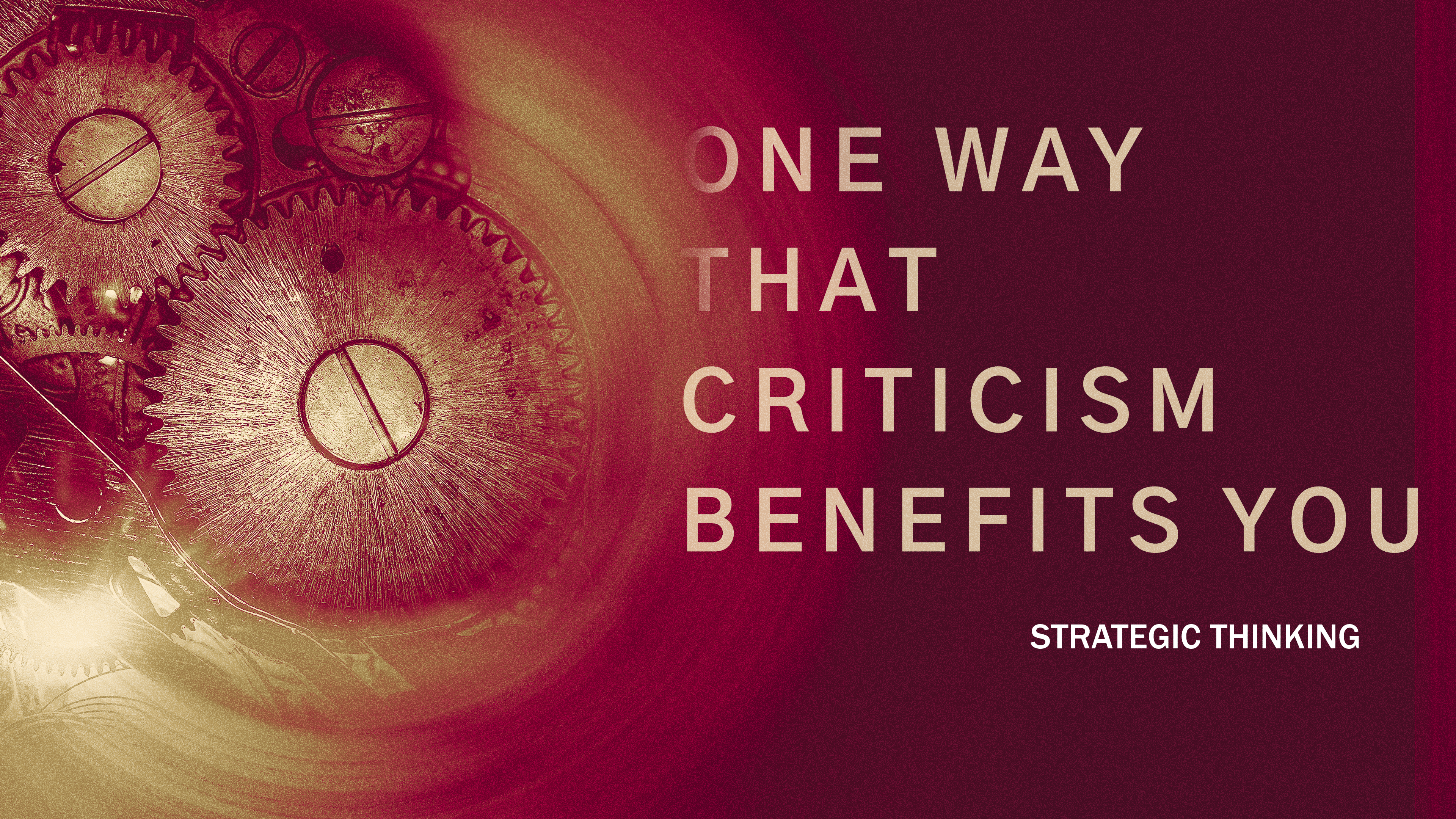One of the most challenging and most important skill sets a leader needs is Conflict Resolution. You will use those skills at every level of leadership, so learning it now pays dividends into the future. Failure to learn these skills means you hamstring whatever you do by allowing (or creating) conflict that causes friction, which slows everything. Great conflict resolvers recognize conflict and see before it grows. Today’s blog helps you recognize the two different kinds of conflict in an organization.
Two primary kinds of conflict show themselves in an organization.
Additional kinds of conflict exist (internal conflict or conflict between a person and God or society). But, here we deal only with the two within an organization. Those two types of conflict are:
1. Conflict Between People (Interpersonal Conflict) and
2. Conflict with the Values of the Church or Company (Organizational Conflict).
Interpersonal Conflict shows up in conflicts when one person offends another.
On the other hand, Organizational Conflict emerges when the values of that particular organization are violated.
It can be hard to tell the difference between the two. It’s important to recognize which is which, because you must deal with each kind of conflict differently.
First, the similarities.
Both types of conflict:
- Involve people.
- Raise the level of anxiety inside the people involved.
- Hold the potential to negatively affect your church or company.
- Require intervention to resolve. (Although as we will see, who intervenes is different).
- Demands emotional capacity of the resolver.
- Needs a set of learnable skills for it to go well.
- Can be identified.
- Should be resolved.
- Should not be debated, discussed or addressed in a public forum, unless a large group of people are involved in the conflict itself. Even then, you only include the people involved. And, don’t address it in a Sunday morning worship service. Even more importantly, please don’t do it in a sermon. (If you include it in a sermon, you confuse and create anxiety in the people that didn’t know there was a problem. Furthermore, the guilty person either gets mad or assumes the sermon is for everybody else!). Airing the problem in a Sunday morning worship service does not “clear the air”. It “muddies the water.” Stay away from it.
- Contain residual dynamics.
Once the conflict is finally over, it isn’t finally over.
“Residual” (“residual dynamics”) comes from the word “residue”. Residue sticks to things. You must watch and manage those sticky dynamics. Give the situation another 3 to 6 months before you consider it resolved. It takes awhile, even when the resolution goes well, for it to play out. Even then, people remember it.
Second, the differences.
Each type of conflict:
- Involves a different set of issues.
Whereas Interpersonal Conflict occurs between two people, Organizational Conflict happens when a person violates the values of that particular organization. Interpersonal Conflict emerges when someone offends or gets offended by another. It may stem from words or actions or the way someone interprets what was said or done. It directly involves two particular people.
Organizational Conflict, on the other hand, violates a value of that organization. “Organization” here may mean a department or an area within a larger organization, or it may involve the organization as a whole.
- Spurts against something different. Interpersonal Conflict pushes against another person. Organizational Conflict moves against the organization itself.
- Requires a different set of skills. To resolve Interpersonal Conflict, you need to interact with the two parties, and only them. (Practically, a spouse or someone else may show up for the “Come to Jesus” meeting. If somebody else shows up, I let them participate in the meeting). For resolution of Organizational Conflict, you must also talk specifically to the person/s involved, but also do a gut-check on whether or not your organizational system needs adjusting. In other words, does this value violation show up somewhere else within the church or company? Or, are we doing things that encourage or promote a violation of the values we own? You may need to tweak a behavior, a position or the language used to offset a further disruption.
So, how do you resolve the conflict?
We will learn that next time.
Email me at rich@leaderincrease.flywheelsites.com and let me know what questions you have when dealing with conflict.
For more help, read my three-part blog series on keys to follow while in conflict. (Part One, Part Two, Part Three)




